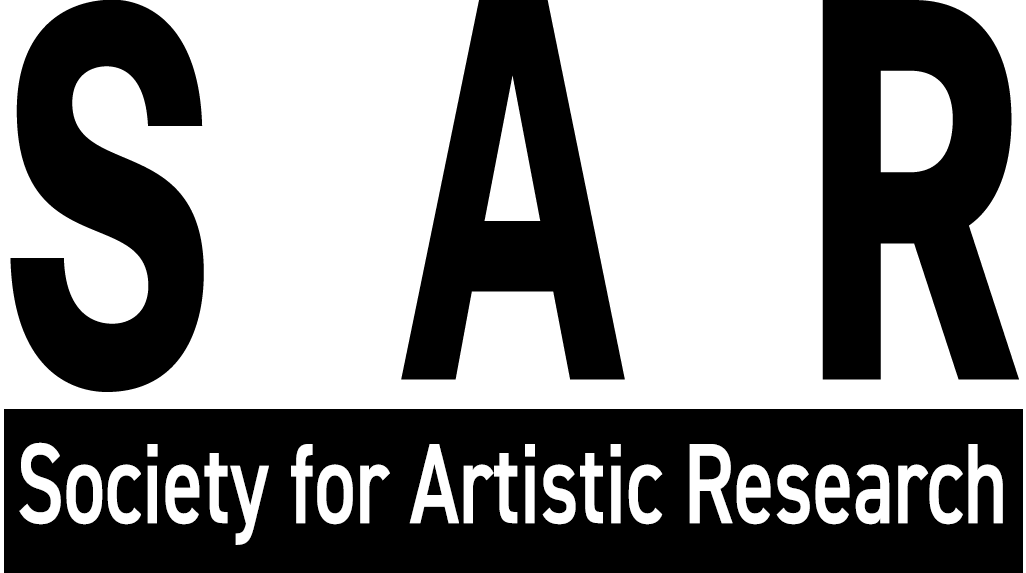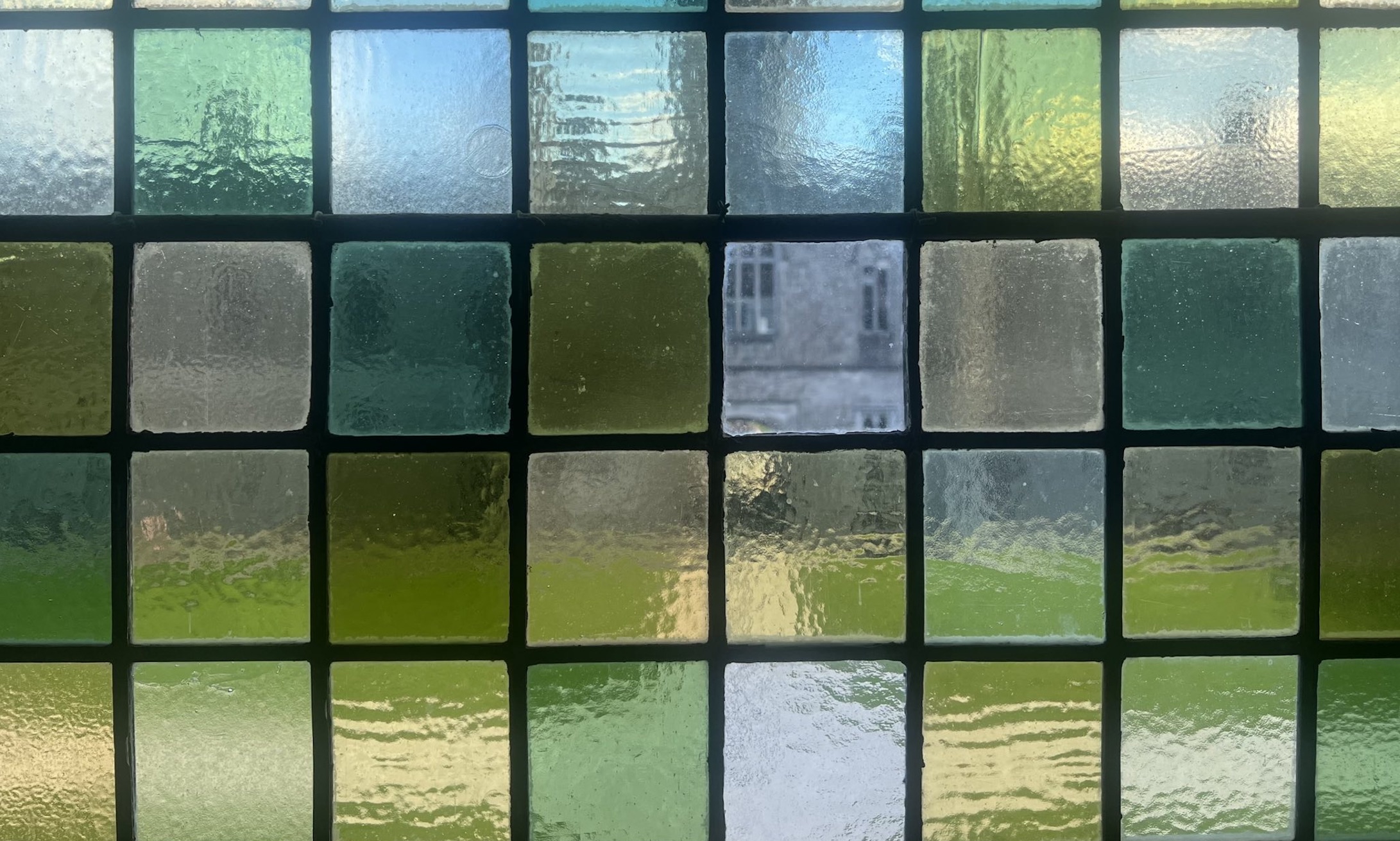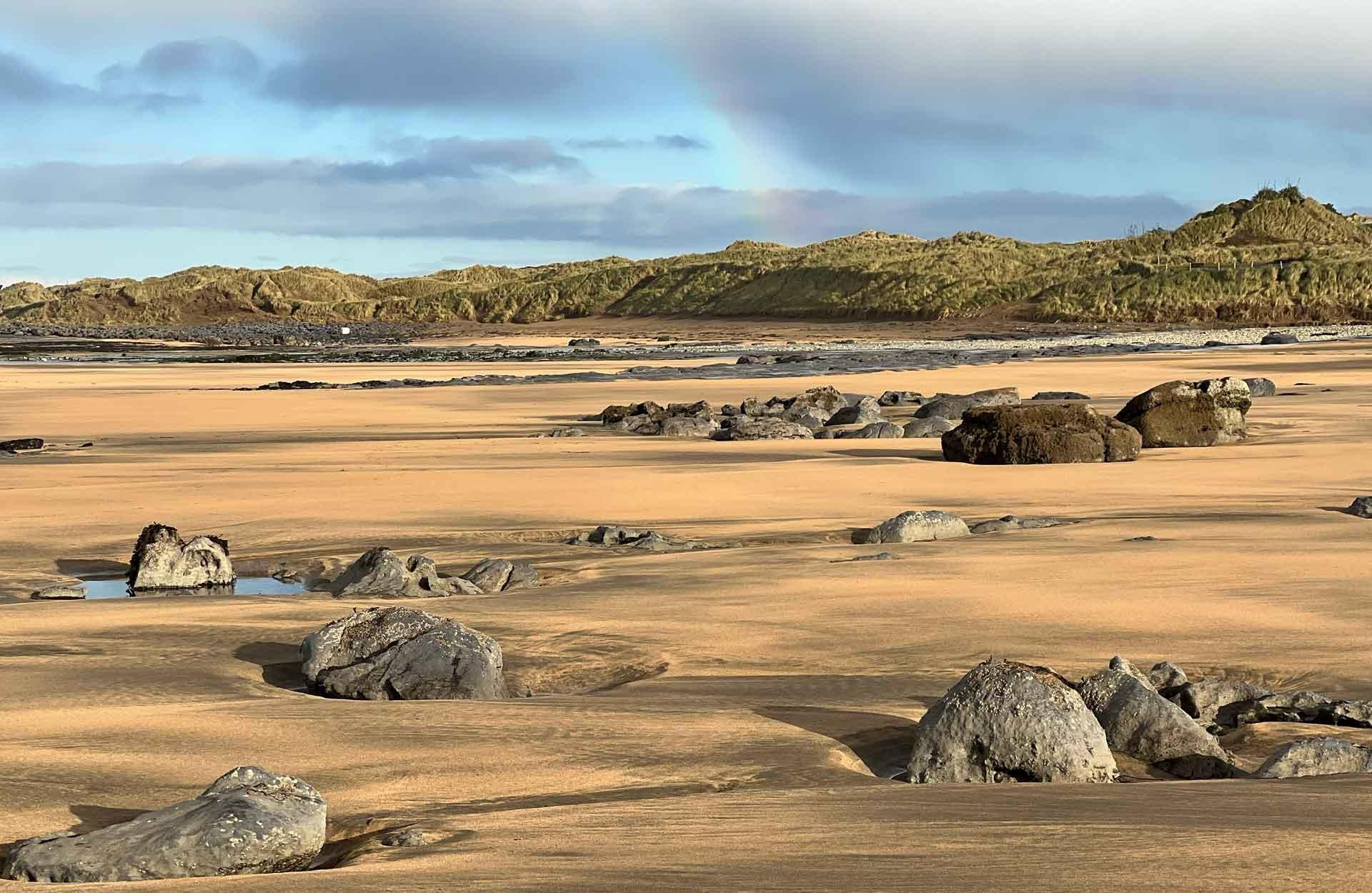Exploring Frameworks for Collective Artistic Intelligence: Highlights from the Artistic Intelligence Working Group 3 meeting at AVU, Prague
June 13-14 2025
Prague, Checzia, AVU-Academy of Finer Arts Prague
This working group will develop cornerstones of a common reference framework to effectively connect the different lines and link different approaches and projects in artistic research. By activating Artistic Intelligence, this framework will outline a larger, collective impact of artistic research in relation to artistic practices across the different disciplines and in response to societal challenges of the triple transition.
On June 13–14, 2025, the Šaloun Studio at the Academy of Fine Arts in Prague hosted an intensive two-day working meeting focused on working group participants' experience on current referencing within artistic research (challenges, experiences, opportunities) and the potential for fostering collective artistic intelligence with solutions such as The Research Catalogue (RC). Working Group members gathered to explore how referencing, technology, and collaborative tools can deepen the role of the solutions such as the RC in artistic research.
The first day opened with Casper Schipper presenting new RC developments followed by a lively breakout session tackling challenges and opportunities, with participants sharing experiences and ideas for further developments and RC for Collective Artistic Intelligence.
Later, Paulo Luis Almeida, Chair of the COST Action, outlined the initiative’s goals and structure. Casper Schipper and Daniele Pozzi followed with insights into how the RC serves as both a referencing system and knowledge base in artistic research, followed by a presentation by Andre Guidi and Danielle Pozzi about a workshop given at Rome Fine Arts Academy on KOBI, combining collectively authoring an RC Exposition and AI semantic mapping. Jonas Hovden Sjøvaag then showcased a use of automatic data (in the form of a spreadsheet) to RC exposition conversion.
The day concluded with group discussions on referencing through close-reading of expositions, spotlighting strategies using RC material.
Day two centered on the exploration of existing frameworks, practitioner experiences, and challenges, with a particular focus on referencing practices. Participants shared experiences around referencing in artistic research, addressing discoverability and the challenges of knowledge transfer across projects and disciplines. WG3 also discussed how to organise their online collaboration (which will pilot the actions NextCloud environment).
Sinem Aslan presented "Using Computational Vision to Interpret Artistic Intent", to detect differences between a painting and photographic source material. İbrahim Arpaci followed with "Enhancing Referencing in Artistic Research Through AI: A Critical Perspective". Additionally, Anthea Caddy contributed insights from her work organising the Special Interest Group Sound Research, from the perspective of referencing within a very diverse field.
These presentations prompted engaging and extended discussion, resulting in the agenda point "Search, Taxonomies within the RC" (originally planned at 14:00) being postponed to a later meeting - allowing the group to focus instead on these compelling contributions, and discuss what tasks the group want to move forward with as a group. Identifying key areas for future collaborative work.
The meeting wrapped up with a strategy session on the role of AI/ML in artistic referencing, emphasising ethical considerations and the importance of artist agency in shaping how their work is represented in digital systems.
With a strong sense of collaboration and understanding of challenges and potentials in referencing and discoverability within artistic research, the two-day working meeting concluded with a shared commitment to advancing artistic research infrastructures in a thoughtful and inclusive way.
_______
About Artistic Intelligence
Artistic Intelligence (ARTinRARE) is a four-year COST Action running between 2024 and 2028. The primary objective is to advance the (re-)integration of artistic research and conventional modes of inquiry to benefit all forms of knowledge production, including the application of new computational techniques, to practice-based research across the arts.
The emphasis is on advancing artistic research as a field of knowledge formation in terms of its quality, societal impact, and valorisation strategies; enabling deeper integration with conventional forms of research (e.g., STEM, SSH); and facilitating the implementation of artistic research approaches and methods to real-world problems across academia, civil society, public policy, and the private sector.
Artistic Intelligence continues to be open for new members! Don’t hesitate to learn more about the Action—and join or apply as a member—at: https://artisticintelligence.info/
About COST:
COST (European Cooperation in Science and Technology) is a funding agency for research and innovation networks. Our Actions help connect research initiatives across Europe and enable scientists to grow their ideas by sharing them with their peers. This boosts their research, career and innovation.







